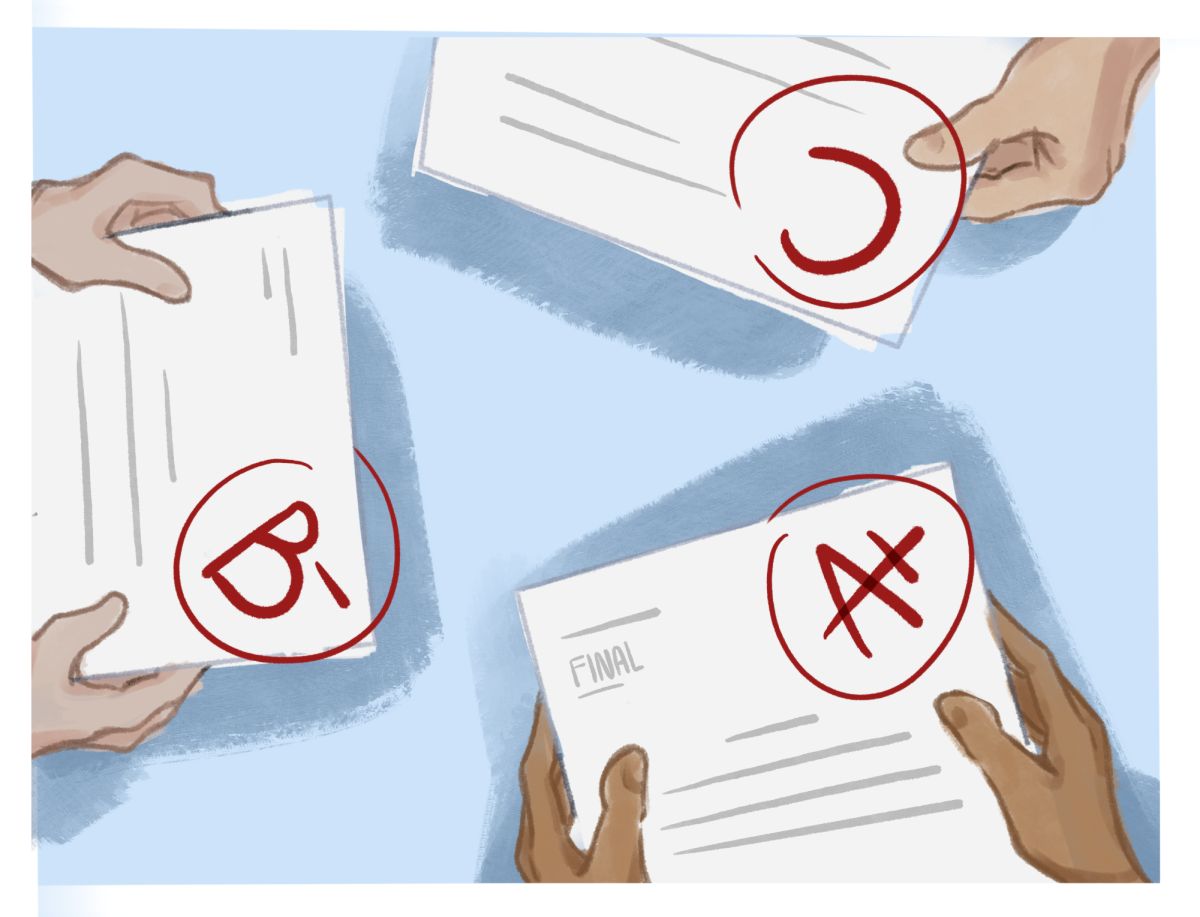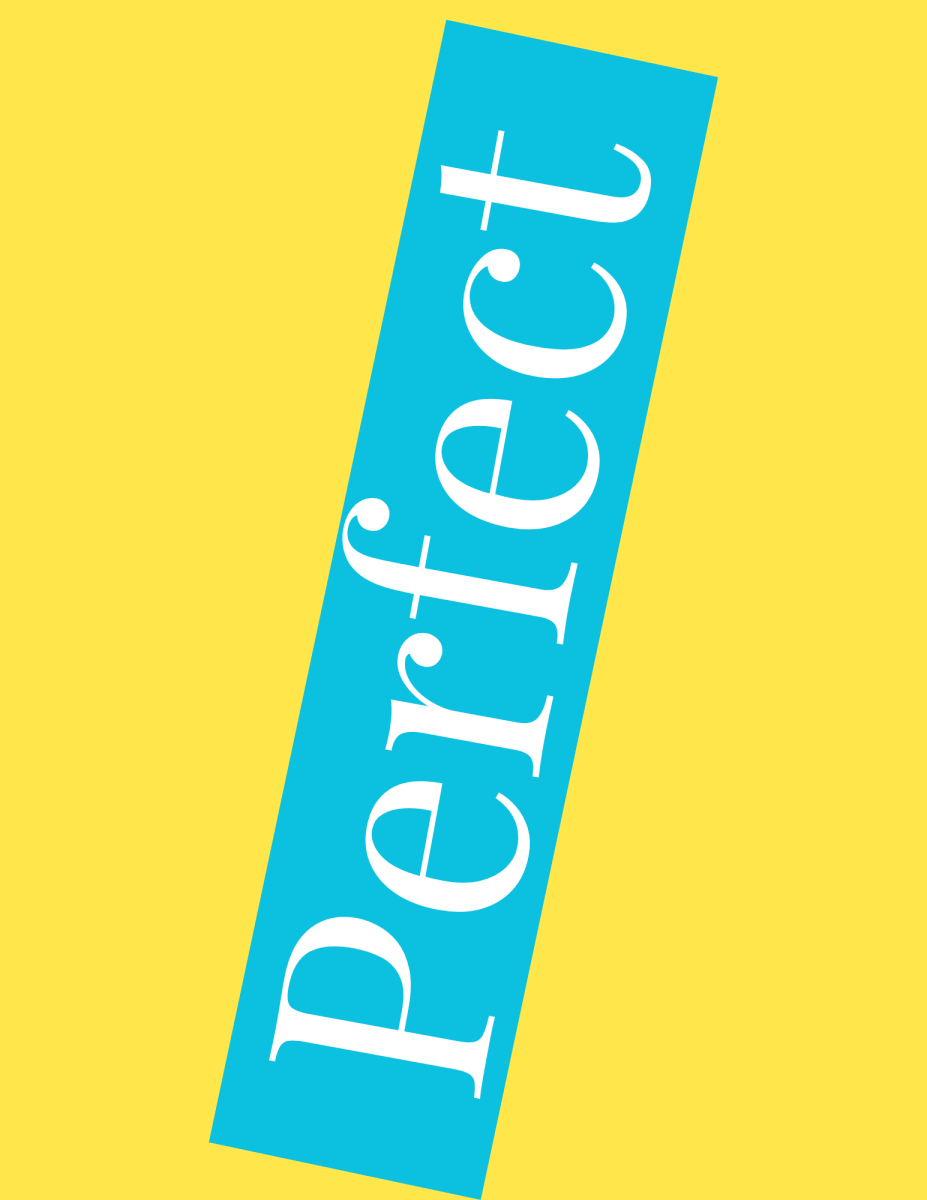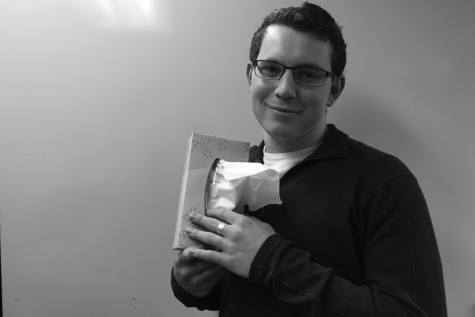Posted up in the new English wing lounge, a group of ninth graders, merely ankle-deep in the maelstrom of high school, illustrates the heaviness of a Blake student’s course load; there is evidence of long nights, limited time for extracurriculars, and minimal time to breathe.
“I have had no sleep. I’m so tired,” one freshman said. “I drank five cups of coffee this morning, I’m hooked on caffeine already!”
The typical ninth grader’s idea of “no sleep” or “so tired” might be different from an upperclassman’s, but both have common causes, which is worrisome.
More than just the World Literature and World Cultures homework, the expectations to take difficult classes (and to do well in them), the decisions we make to stay home on a Saturday night or give up on sleep often result from the reverberations of similar, repeated conversations between upperclassmen that reinforce a stressful, demanding atmosphere.
It’s really no wonder that the senior slide happens. Three years of few breaks plus this semester with none build up resentment directed at the invisible hand that once pressured the seniors to skip once-in-a-lifetime opportunities like playing a sport, joining a cool club, doing stupid things with friends, lying down in a grassy field, staring up at the stars, speculating the complexities of the universe, and exploring themselves… all in favor of studying.
It’s easy to become dimensionless when people are so focused on how they look on paper. But what’s the source of this relentless pursuit of success regardless of the cost?
One must remember that Blake is a college preparatory school. The level of rigor students face gives them a competitive advantage not only in getting into colleges, but at college and in life beyond. Teachers actively work to lessen workloads, extend deadlines, and give workdays for projects in class, yet the problem persists.
Administrators and college counselors schedule symposiums and speak directly to students in an attempt to counter the negative atmosphere, yet the problem persists.
Altering course schedules and expanding the role of the individual in the classroom by way of creative assignments and less busywork would both be steps in the right direction from the current three-week cycles of most classes that result in four tests and an essay due in a three-day span.
But beyond rules or statements or complaints, a change in attitude is in order. Pressures to be the modern renaissance man or woman, and expectations of doing everything and excelling at all of it, need to tone down from the students, parents, teachers and the greater Blake community.









